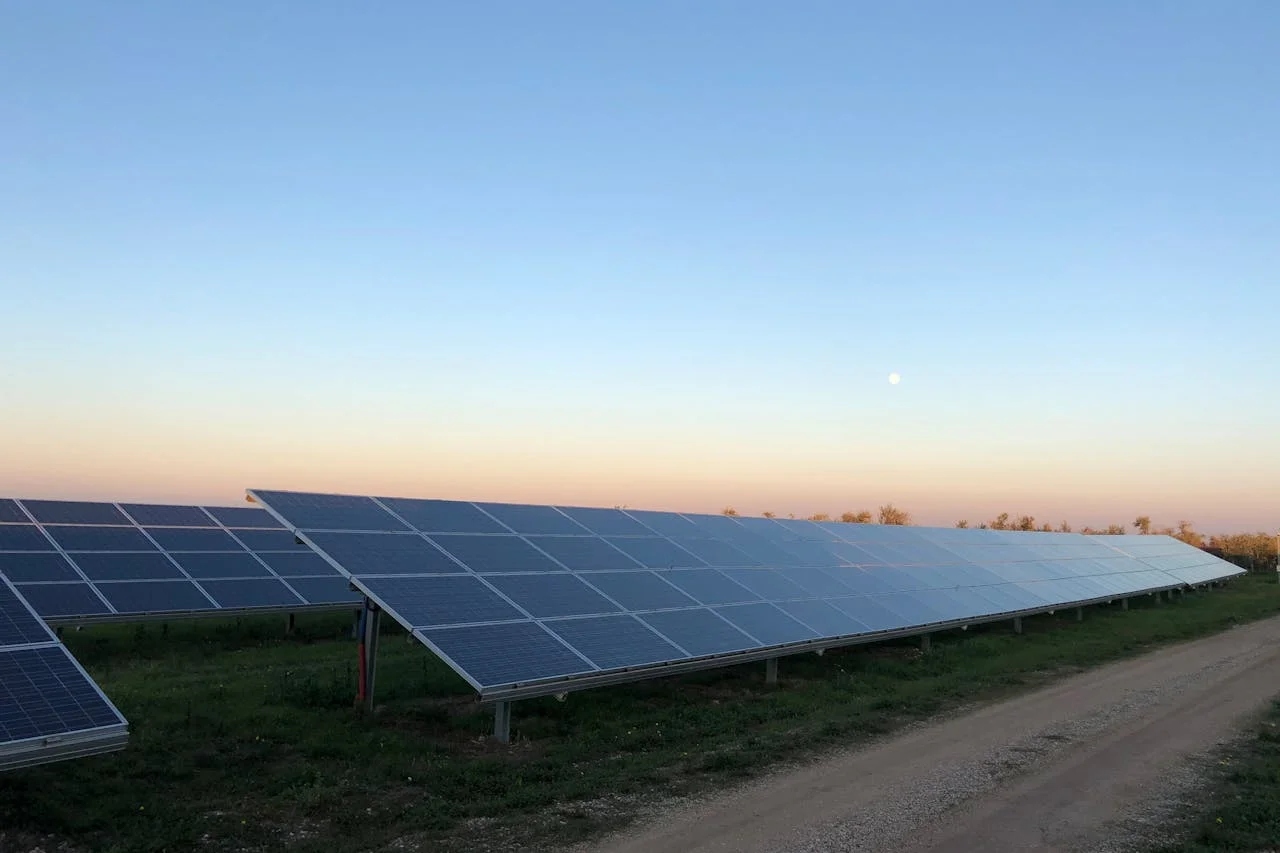
Climate risk is becoming increasingly urgent, with 99% of the U.S. population experiencing at least one extreme weather alert since May 2024. Business leaders are taking note, as a national survey of 300 senior U.S. executives by MIT Technology Review Insights, in collaboration with the Michigan Economic Development Corporation (MEDC), revealed unanimous agreement that climate change is already impacting the economy or will in the near future.
Surveyed executives reported that their businesses have been directly affected by climate change, with most citing business disruptions (61%) and damage to infrastructure (55%). Rising operational costs (64%) and insurance premiums (63%) were also commonly reported. Additionally, 75% of respondents indicated their companies have considered relocating due to climate risk, with 24% having already moved infrastructure to better prepare for climate impacts.
“Climate change is increasing the frequency of extreme weather events, creating immediate risks for businesses,” said Kara Cook, Michigan’s Chief Climate and Energy Strategist. “In Michigan, we’re proactively addressing these challenges by investing in water infrastructure, clean energy, and grid resilience. Our efforts not only prepare businesses and communities for future climate events but also drive growth in our clean energy economy.”
When selecting new business locations, 71% of executives highlighted the importance of access to climate-planning resources, such as those provided by Michigan’s development programs. These resources include guidance on leveraging wetlands to mitigate flooding or using microgrids for power resilience. Locations with strong climate adaptation plans, like Michigan’s Healthy Climate Plan, are more attractive to businesses.
Access to critical natural resources, such as fresh water, was also a key factor for 64% of respondents. While no region is entirely immune to climate risks, nearly half (47%) viewed the Midwest as the least vulnerable area, in contrast to the West, which faces extreme heat, droughts, and wildfires.
“Michigan is uniquely positioned to lead the fight against the climate crisis,” said Hilary Doe, Michigan’s Chief Growth Officer. “As a climate haven, our state is less impacted by extreme weather and is becoming a hub for climate innovation. With our strong supply chain, natural resources, top-tier research universities, and skilled workforce, Michigan offers businesses a prime location for climate preparedness and clean energy solutions. We’re also seeing significant growth in energy sector jobs, EV and hydrogen investments, and projects supported by the IRA. For those focused on climate resilience, Michigan is the place to be.”










